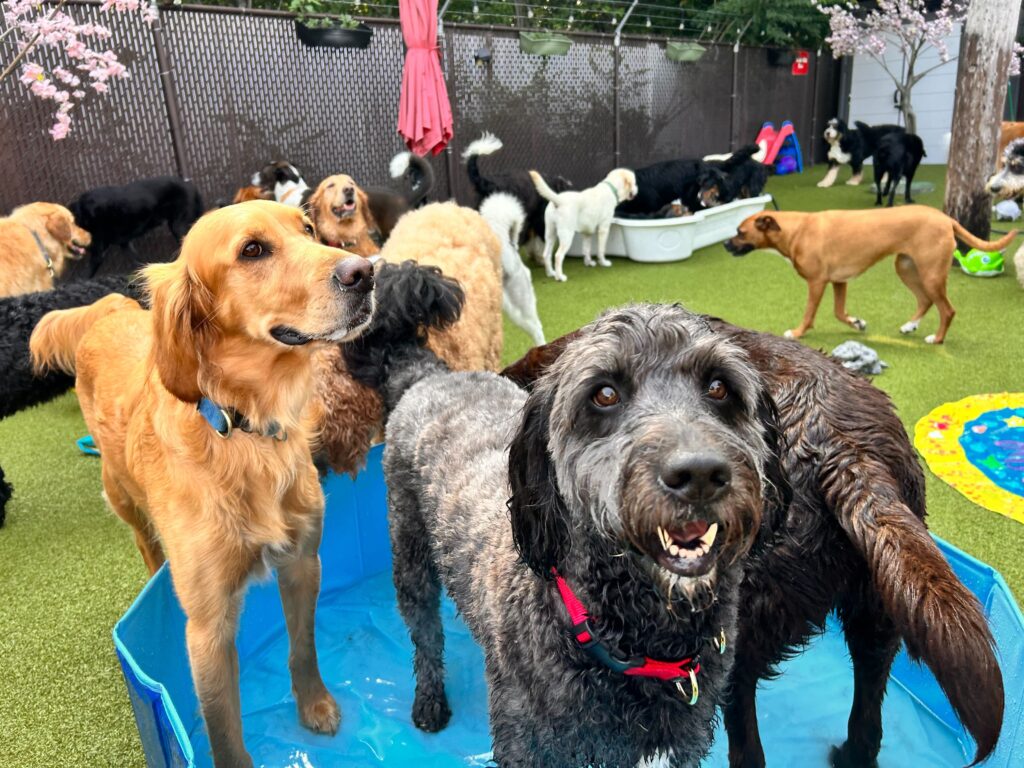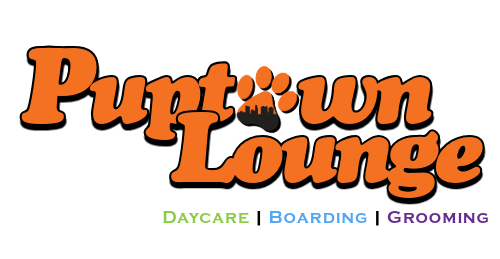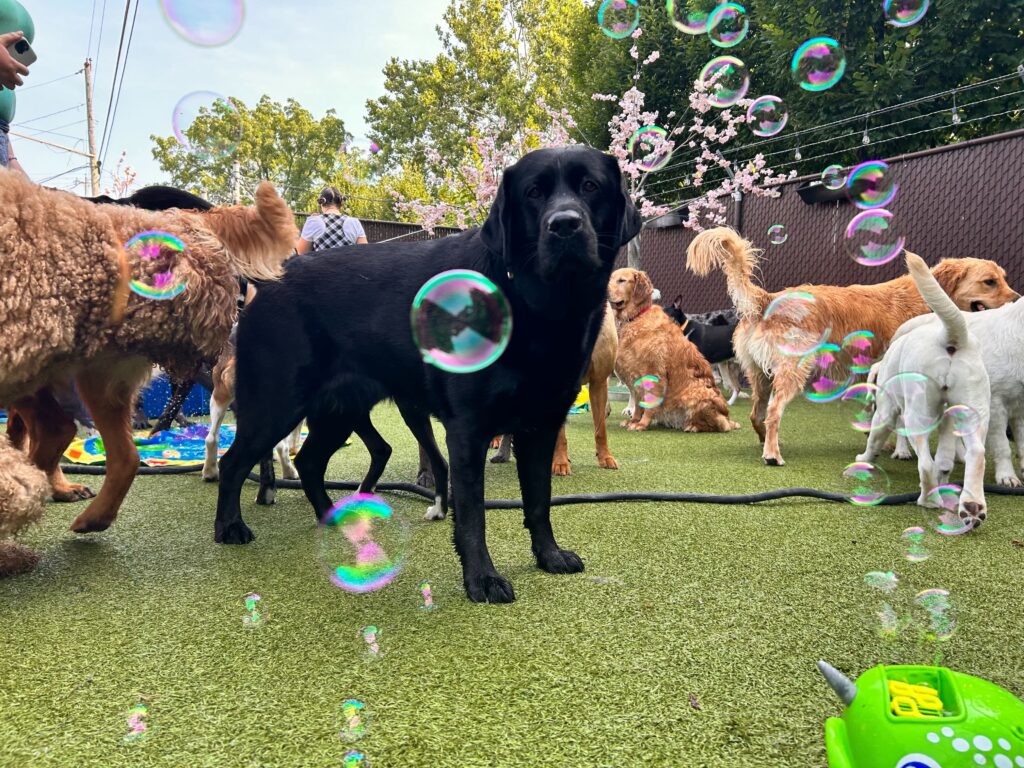In the bustling world we live in, where schedules are packed and demands are high, our furry friends often bear the brunt of our busy lives. Amidst our hectic routines, it’s easy to overlook the importance of socialization for our canine companions. Just like humans, dogs thrive on social interaction, and one avenue that has gained increasing popularity in recent years is dog daycare. Far from just a place for dogs to burn off excess energy, these facilities serve as invaluable environments for fostering socialization skills in our four-legged friends.

Understanding Socialization: Socialization is a critical aspect of a dog’s development, especially during their formative months. It’s the process through which dogs learn to interact appropriately with other dogs, animals, and people in various environments. A well-socialized dog is more likely to exhibit calm behavior, adapt to new situations, and prevent aggressive tendencies.
The Role of Dog Daycare: Dog daycare centers provide a structured and supervised setting where dogs can engage in social interactions with other canines under the watchful eye of trained staff. Here’s how dog daycare facilitates socialization:
- Controlled Environment: Dog daycares offer a controlled environment designed specifically for canine interaction. Unlike dog parks or other public spaces where interactions can be unpredictable, daycare centers provide a safe and controlled setting where dogs can play and socialize without the risk of negative encounters.
- Supervision and Guidance: Trained staff members closely supervise all interactions in dog daycare settings. They intervene when necessary to prevent conflicts, teach proper social cues, and ensure that play remains safe and enjoyable for all dogs involved.
- Exposure to Different Personalities: One of the greatest benefits of dog daycare is the exposure it provides to dogs of various breeds, sizes, ages, and temperaments. This exposure helps dogs learn to communicate effectively with a diverse range of canine companions, thereby improving their social skills and confidence.
- Positive Reinforcement: Dog daycare staff use positive reinforcement techniques to encourage desirable behaviors and discourage unwanted behaviors. Through praise and gentle redirection, dogs learn to associate social interactions with positive experiences, reinforcing their desire to engage with others in a friendly manner.
Benefits for Dogs: The benefits of regular attendance at a dog daycare extend far beyond socialization:
- Reduced Anxiety: Socialization helps alleviate anxiety and fear in dogs, especially those prone to separation anxiety or nervousness in new environments.
- Improved Behavior: Well-socialized dogs are less likely to exhibit destructive behaviors such as excessive barking, chewing, or aggression towards other dogs or people.
- Enhanced Physical Health: Regular play and exercise in daycare contribute to improved physical health, including better cardiovascular fitness, muscle tone, and weight management.
- Mental Stimulation: Interacting with other dogs provides mental stimulation, preventing boredom and promoting overall mental well-being.
In a world where our furry companions are often treated as members of the family, investing in their social development is essential for their overall happiness and well-being. Dog daycare offers a structured and supervised environment where dogs can learn, play, and grow alongside their peers. By promoting positive social interactions and teaching appropriate behaviors, these facilities play a crucial role in shaping well-rounded and socially adept dogs. So, the next time you’re juggling a busy schedule, consider the invaluable benefits that dog daycare can provide for your beloved canine companion. After all, a happy, well-socialized dog is truly a joy to be around.


